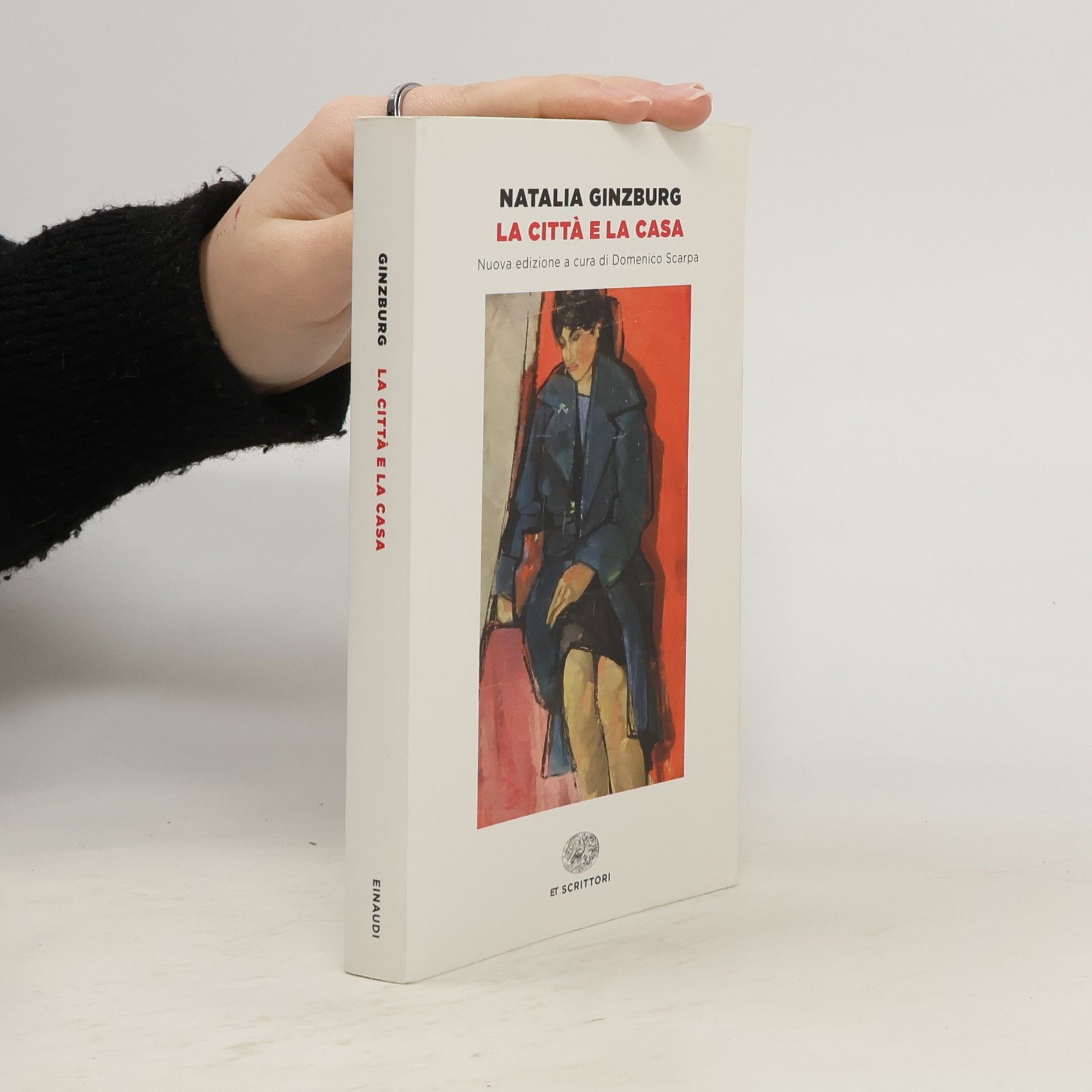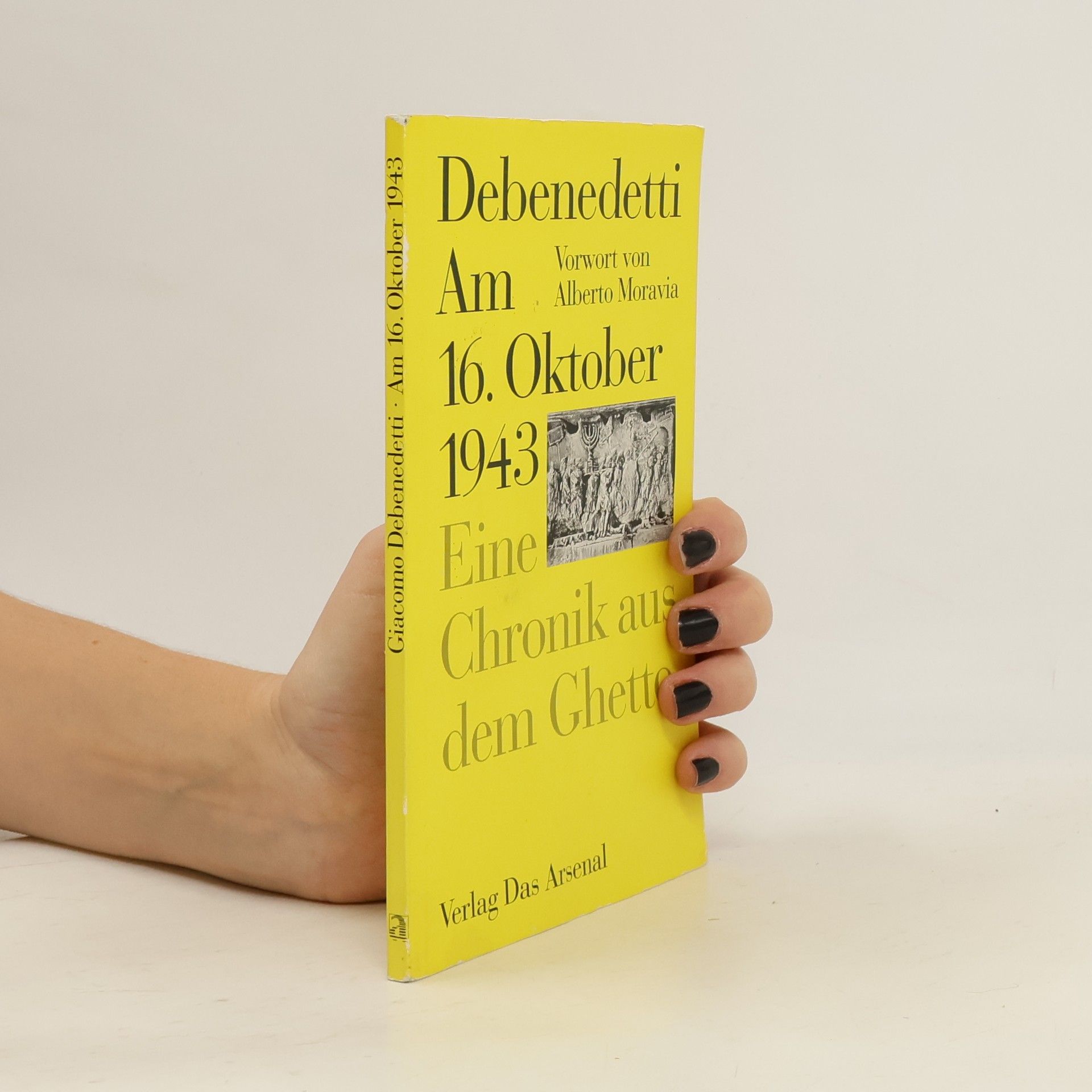Keiner nimmt Anna, die Jüngste der Familie, ernst: weder die beiden älteren Brüder, die sich mit Freunden im Wohnzimmer einschließen, um zu diskutieren, noch die Schwester Concettina, die vor allem ihre zahlreichen Verlobten im Kopf hat. Auch Signora Maria, die Haushälterin mit den winzigen Schleifenschühchen, kümmert sich mehr um die Rosen als um das Mädchen. Nur der ein bisschen großmäulige Nachbarjunge Giuma gibt sich mit Anna ab. Sie gehen miteinander spazieren, dann ins ›Pariser Café‹ und später in die Büsche am Fluss. Als einer der Freunde verhaftet wird, müssen die Broschüren gegen Mussolini eilig im Kamin verbrannt werden. Italien tritt in den Krieg ein, der älteste Bruder, ein überzeugter Pazifist, soll eingezogen werden. Concettina verliebt sich in ein Schwarzhemd – und Anna wird schwanger. Natalia Ginzburg erzählt von den kleinen wie großen Ereignissen genau und fast beiläufig: Was, wenn es keinen Stoff für Kleider gibt, und was, wenn man einen Juden in der Familie hat? Bereits hier hat sie den unnachahmlichen Ton des »Familienlexikon« gefunden.
Natalia Ginzburg Book order (chronological)
Natalia Ginzburg was an Italian author whose work delved into family relationships and the political landscape of the Fascist era and World War II. She explored philosophical questions through her novels, short stories, and essays, earning recognition for her distinctive style. Her prose is characterized by a keen insight into human nature and the intricacies of interpersonal connections. Ginzburg's writings continue to resonate with readers for their honesty and profound reflections on life.

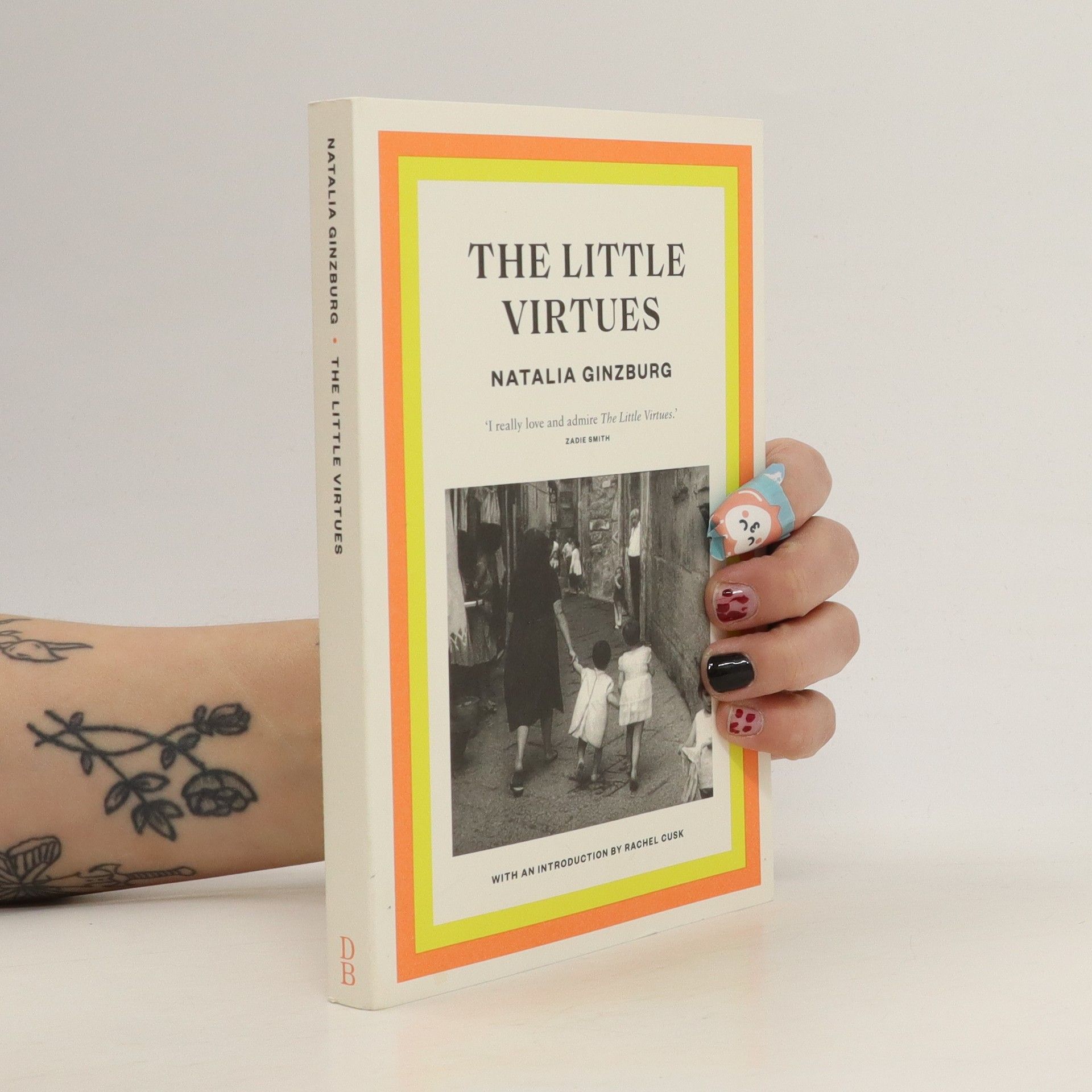
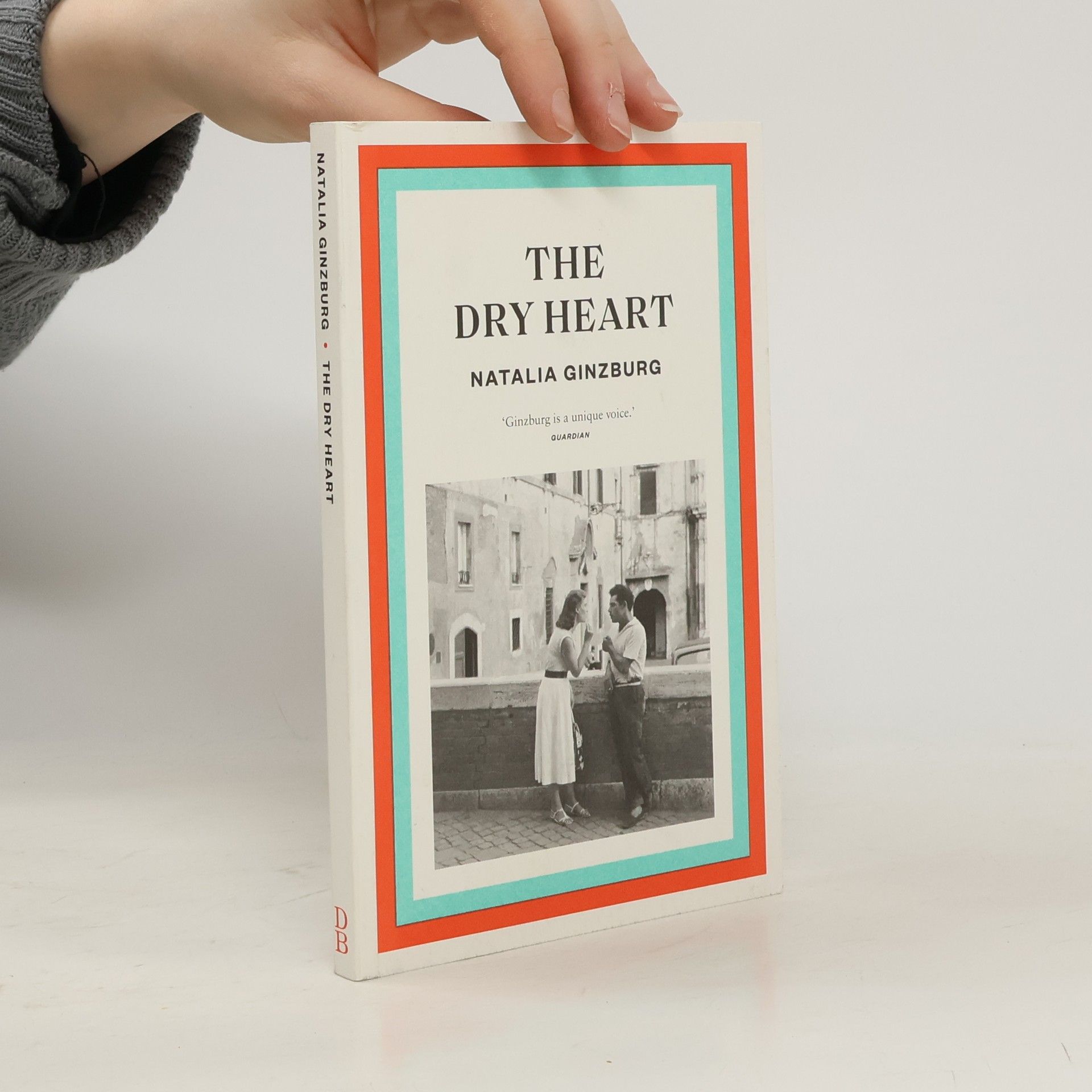
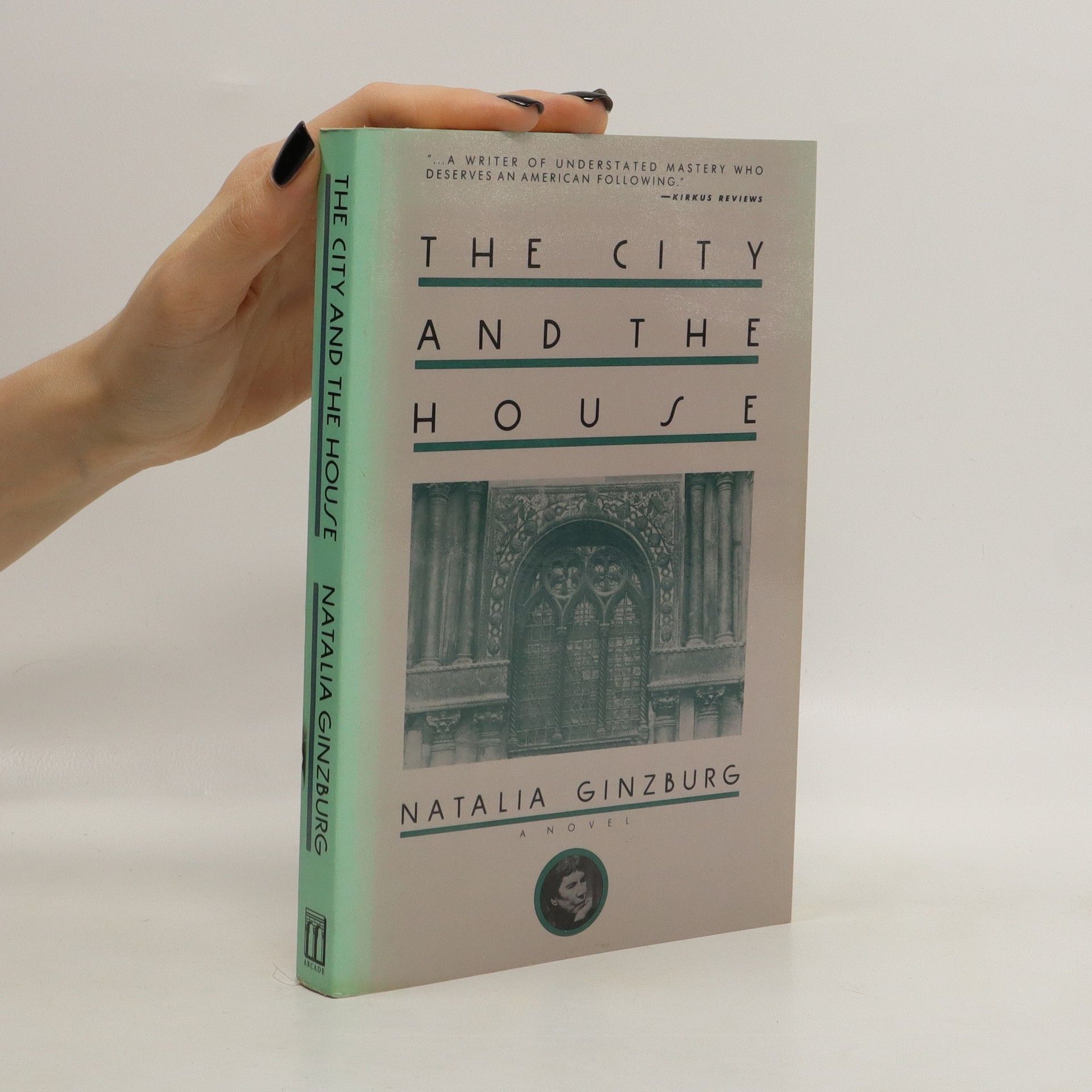
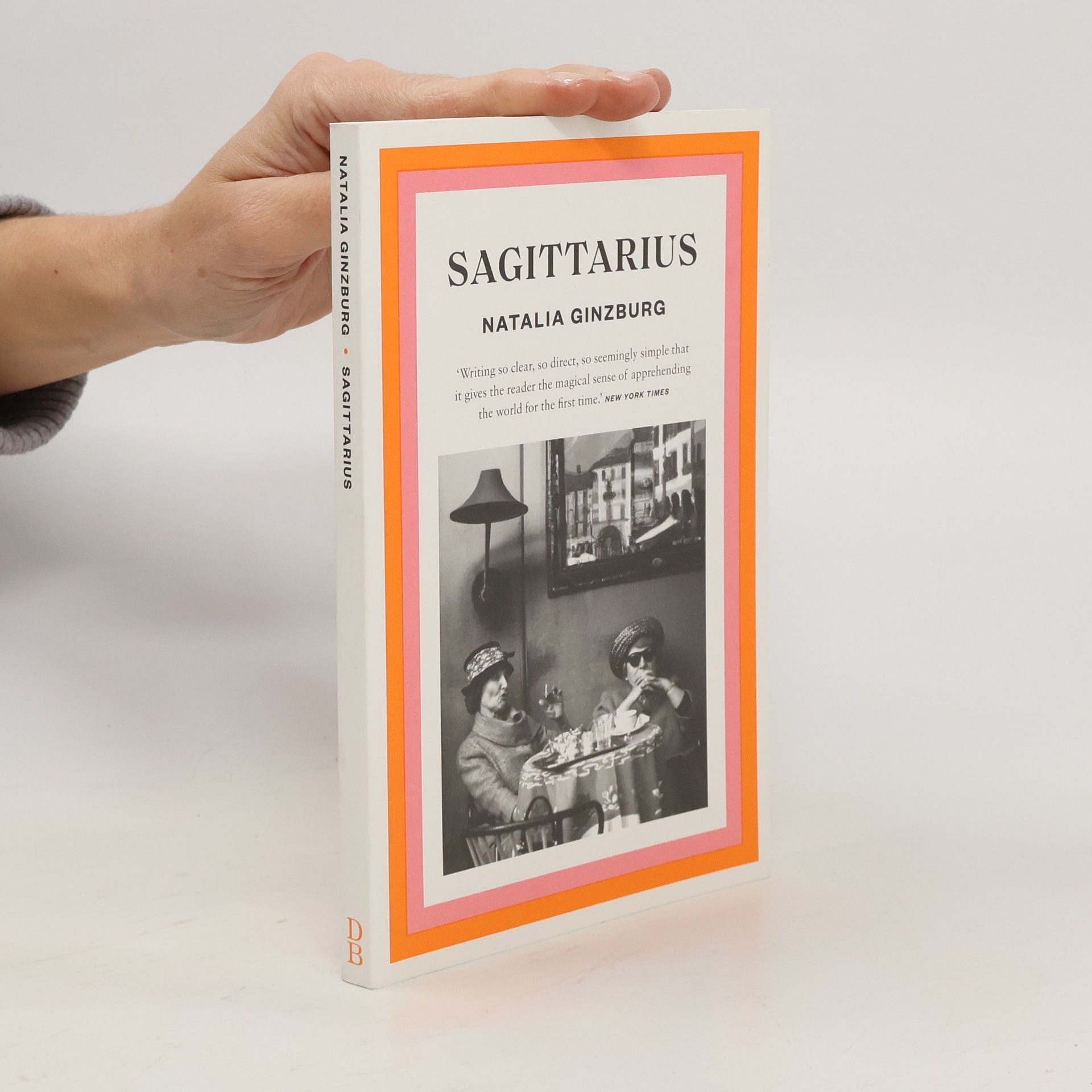


Family and Borghesi
- 160 pages
- 6 hours of reading
From the author of All Our Yesterdays and The Little Virtues, two novellas chronicling domestic life, isolation and the passing of time.
Sagittarius
- 128 pages
- 5 hours of reading
'At long last she was playing the role she had always dreamt about, that of a mother, full of anxious solicitude, preparing to confide her daughter into the hands of a young man with good intentions, good prospects and a good character.' A mother decides to follow her daughter to the city, she settles in the suburbs with her older daughter and son-in-law in tow. She quickly grows restless and is eager to find new friends. Brassy, bossy and perpetually dissatisfied she strikes up a friendship with the mysterious Scilla, and soon the two women are planning to open an art gallery. But there is more to Scilla than meets the eye. After a series of afternoons spent at bars having coffee granitas with cream, and at Scilla's apartment on Via Tripoli, it quickly becomes apparent that the connections and the cul-tured life promised by Scilla may never materialise, despite always being just within reach. What proceeds is a story of the dissolution of a family, and the role that class plays in its downfall. Sagittarius is the story of misplaced confidence and am-bition gone awry, recounted by a wary daughter.
Family and Borghesia
- 120 pages
- 5 hours of reading
Two novellas about domestic life, isolation, and the passing of time by one of the finest Italian writers of the twentieth century. Carmine, an architect, and Ivana, a translator, lived together long ago and even had a child, but the child died, and their relationship fell apart, and Carmine married Ninetta, and their child is Dodò, who Carmine feels is a little dull, and these days Carmine is still spending every evening with Ivana, but Ninetta has nothing to say about that. Family, the first of these two novellas from the 1970s, is an examination, at first comic, then progressively dark, about how time passes and life goes on and people circle around the opportunities they had missed, missing more as they do, until finally time is up. Borghesia, about a widow who keeps acquiring and losing the Siamese cats she hopes will keep her company in her loneliness, explores similar ground, along with the confusions of feeling and domestic life that came with the loosening social strictures of the 1970s. “She remembered saying that there were three things in life you should always refuse,” thinks one of Natalia Ginzburg’s characters, beginning to age out of youth: “Hypocrisy, resignation, and unhappiness. But it was impossible to shield yourself from those three things. Life was full of them and there was no holding them back.”
A differenza delle altre due madri della letteratura italiana del Novecento, Elsa Morante e Anna Maria Ortese, che arredano una “stanza tutta per sé” nei sortilegi affabulatori dell’immaginazione, Natalia Ginzburg resta sempre ben ancorata a «un posto dove tutto è chiaro, inesorabile e reale» (Vita immaginaria), invadendo di continuo l’orizzonte nel quale il canone dominante maschile è più forte e inattaccabile. Malgrado abbia preso le mosse da un territorio che poteva ricordare toni e accenti pavesiani, il realismo della narrazione ginzburghiana trova una strada molto personale, perché scopre una via per dare respiro a quel «piccolo spazio di realtà» in suo possesso, provando a far crescere da quelle «piccolissime porzioni di verità» distillata dalla sua esperienza «un ricco suolo di verità sulla terra». In tale direzione Ginzburg si serve di altri due elementi che definiscono il suo stile e che percorrono in modo trasversale forme e generi da lei sperimentati: una “poetica degli oggetti”, che lega la scrittura all’hic et nunc del proprio tempo, e una tensione morale, forza opposta a quella, che apre dentro l’orizzonte del presente una breccia verso il dover essere, se non del migliore dei mondi possibili, almeno di un universo differente dallo scenario opaco dell’oggi.
Valentino and Sagittarius
- 176 pages
- 7 hours of reading
Two novellas about family life and fraudsters by one of the twentieth century's best Italian novelists. Valentino and Sagittarius are two of Natalia Ginzburg’s most celebrated works: tales of love, hope, and delusion that are full of her characteristic mordant humor, keen psychological insight, and unflinching moral realism. Valentino is the spoiled child of doting parents, who have no doubt that their handsome young son will prove “a man of consequence.” Nothing that Valentino does—his nights out on the town, his failed or incomplete classes—suggests there is any ground for that confidence, and Valentino’s sisters view their parents and brother with a mixture of bitterness, stoicism, and bemusement. Everything becomes that much more confused when, out of the blue, Valentino finds an enterprising, wealthy, and strikingly ugly wife, who undertakes to support not just him but the whole family. Sagittarius is another story of misplaced confidence recounted by a wary daughter, whose mother, a grass widow with time on her hands, moves to the suburbs, eager to find new friends. Brassy, bossy, and perpetually dissatisfied, especially when it comes to her children, she strikes up a friendship with the mysterious Scilla, and soon the two women are planning to open an art gallery. But knowing better than everyone, it turns out, is not that different from knowing nothing at all.
La città e la casa - Nuova edizione a cura di Domenico Scarpa
- 304 pages
- 11 hours of reading
Apparso nel 1984, «La città e la casa» è un romanzo epistolare che racconta la disgregazione della famiglia, la crisi dei ruoli tradizionali, il vuoto drammatico che accompagna la vita dei nostri giorni. La mancanza di virilità, l'assenza della figura paterna, l'insicurezza dei figli compongono i frammenti di un'armonia ormai dispersa in un fitto susseguirsi di eventi spesso drammatici tra Roma, l'Umbria e l'America. Lettera dopo lettera, padri, figli, amici, amanti vengono messi di fronte a se stessi e al loro bisogno di verità. L'autrice ricostruisce le schegge di queste vite e racconta nel consueto stile, asciutto e lirico insieme, la perdita di quel senso di appartenenza che ha il suo simbolo più evidente nella casa: perché «uno le case può venderle o cederle ad altri finché vuole, ma le conserva ugualmente per sempre dentro di sé».
The story of the Prodigal Son turned on its head, Happiness as such is an immensely wise and absurdly funny novel-in-letters about complicated families and missed opportunities
Wagenbachs andere Taschenbücher - 775: So ist es gewesen
- 96 pages
- 4 hours of reading
Eine Frau hat ihren Mann ermordet und erzählt, wie es dazu kam, kommen musste. Die lakonisch erzählte Geschichte einer klassischen Dreierbeziehung: Liebe, Leidenschaft, Verzweiflung, Eifersucht – und am Ende ein tödlicher Schuss. Mit diesem von Italo Calvino enthusiastisch begrüßten Roman erlebte Ginzburg, die zu den bedeutendsten modernen Autoren Italiens zählt, ihren literarischen Durchbruch.


